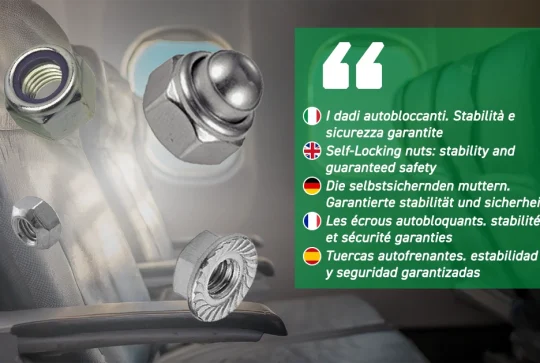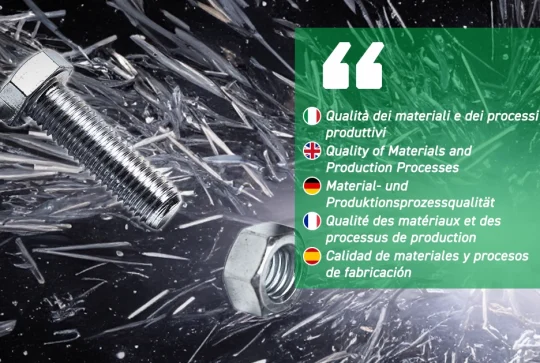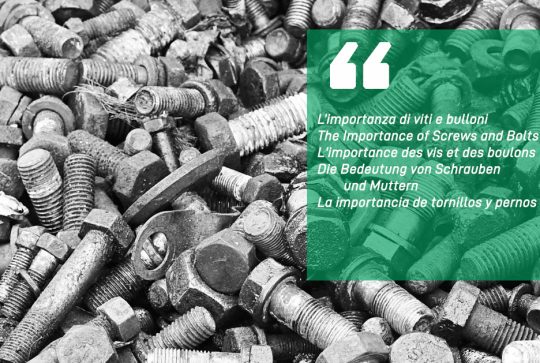Aluminum Alloy Bolts: Properties and Uses
Taking advantage of their excellent physical and mechanical properties, aluminum alloy bolts represent a strategic choice for several industries. As these bolts are widely used in areas such as the automotive industry, constructions and appliance manufacturing, this type of fasteners offer unique advantages that help improve the efficiency, safety and durability of the applications where they are used. In this article, we will explore the properties of aluminum alloy bolts, their technological evolution and modern applications. (more…)









